DURBAN, South Africa – Malik Cassim is alive.
Although a stroke took his ability to speak, Cassim is still using what his wife Sadia Cassim calls the “gift in his hands” to help patients in the alternative medicine practice he founded in central Durban in 1999.
Cassim’s family suspects other alternative medicine practitioners helped fuel rumors of her husband’s demise after he suffered a stroke in 2022.
“[They] used to say that he died and he’s not doing it anymore, without knowing the facts,” Sadia Cassim said.
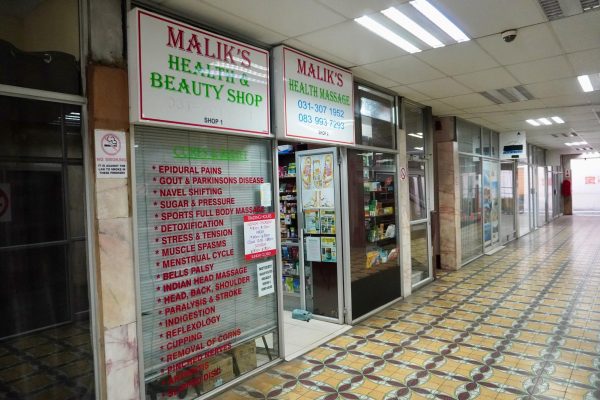
For the past 26 years, Malik’s Health Massage has been a staple for alternative medicine in Durban, offering a variety of services, including dry and wet cupping, acupuncture and massage therapy. He has helped ordinary people as well as members of the Zulu royal family, including King Goodwill Zwelithini kaBhekuzulu.
This was Cassim’s third stroke. He had already recovered from one in 2013. When he had a second one in 2022, his family rushed him home from the shop and used alternative medicine techniques to reverse it, his son Junaid Cassim recounted. Cassim’s family encouraged him to rest, but the next day, back at the shop, he suffered a third stroke. This time, doctors at a hospital where his family took him were unable to reverse the effects. He has been slowly recovering since then — but his speech has not returned.
Before his last stroke, Cassim saw more than 50 patients a day. They would line outside the shop early in the morning and trail out of the entrance to 77 Kismet Arcade into busy Prince Edward Street. His specialty — perhaps ironically — was assisting stroke patients, helping them further along in their recovery when traditional medicine had stalled.
A family business
Malik’s Health Massage offers a variety of services, including dry and wet cupping, acupuncture and massage therapy. Cupping is the shop’s most sought-out service. The practice of cupping stems from ancient China and West Asia and is used to provide pain relief, relaxation and improved circulation. Dry cupping is done by using cups to create a suction to pull the skin upward, while wet cupping is similar but small incisions are made to pull out blood during the cupping process.
“It’s drawing out the acids,” explained Mariam Cassim, Malik Cassim’s 19-year-old daughter, as eight cups pulled blood from the back and shoulders of a patient recovering from a frozen shoulder and tendinopathy. Her father had identified the areas where the cups should be placed, and Mariam Cassim oversaw the procedure from there.
While business is down — in part because of the covid-19 pandemic and rumors of Cassim’s death — Cassim, along with his family and workers who help him run the shop, still sees 20 to 30 patients a day.
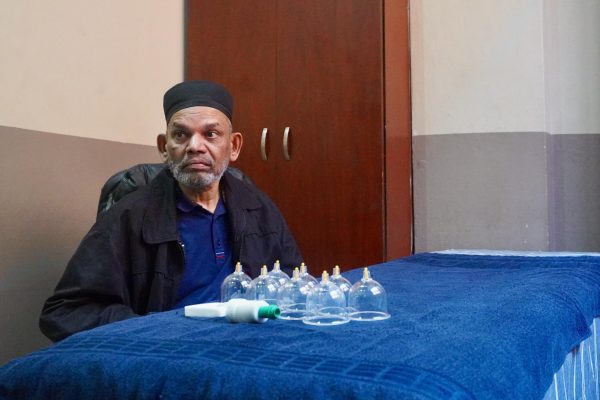
Sadia Cassim plays a big role in the success of the business. She now helps her husband communicate with patients and assists with the cupping and massages. Their two children, Mariam Cassim, 19, and Junaid Cassim, 21, also help. Junaid Cassim originally wanted to be a physiotherapist, but after his father’s stroke, he decided to continue following in his father’s footsteps. He realized there were plenty of people learning to help through traditional medicine but no one like his father.
“I can help people in the way he helped them,” Junaid Cassim said.
Mariam Cassim has been helping her father since she was in fifth grade, practicing cupping on her father as he directed her. She shares his passion.
“I was always inspired by what he did and how he helped people,” said Mariam Cassim, who also sees women patients who are most comfortable with a woman practitioner.
‘Still serving his purpose’
Originally from Sri Lanka, Malik Cassim came to South Africa as a refugee in 1999. He knew no one then — and had no money. But his grandfather had been an Ayurvedic doctor, trained in the traditional Indian system of medicine known as Ayurveda, a holistic approach to healing that aims to harmonize the body, soul and spirit. Cassim eventually trained with alternative practitioners in Japan as well.
Sadia Cassim said her husband learned he was able to help people in ways traditional medicine couldn’t.
“He heals people,” said Sadia Cassim, looking at her husband as she helped to tell his story. Malik Cassim nodded as his wife spoke.
Despite being unable to speak or walk, Malik Cassim continues to see patients. While he can’t perform massages or do the cupping himself, he instructs his employees on what the patients need primarily through hand gestures. Malik’s employees push him on a rolling office chair to the treatment tables so he can see patients.
“He’s still serving his purpose because he’s very passionate about what he does,” Sadia Cassim said.
As patients enter the treatment area to be cupped, they are instructed to lie down on their stomachs. Malik Cassim rolls in on his office chair and silently presses on different areas of the back he suspects are hurt. He begins pointing, directing his assistants where to place the cups.
“He just touches people, and he knows where the pain is,” Sadia Cassim explained. “[He has] a sixth sense. He just knows.”
Malik Cassim knew, for example, that a patient with cervical radiculopathy was experiencing shoulder pain without the patient mentioning anything. He pointed to the shoulder, directing the cups to where she felt pain.
One of the hallmarks of Malik’s Health Massage is its low cost. Patients are charged 50 rands (about $2.80) for dry cupping and 100 rands (about $5.59) for wet cupping. That is about a quarter of the price compared to competitors, Junaid Cassim said.
“It’s not about the money,” Junaid Cassim said. “It’s more about helping the people get better.”
And that has been Malik Cassim’s mission all along, Sadia Cassim said, as her husband sat off to the side in his office chair, waiting for the next patient.
“The fact that he could make a difference in someone’s life, that was his drive,” Sadia Cassim said.

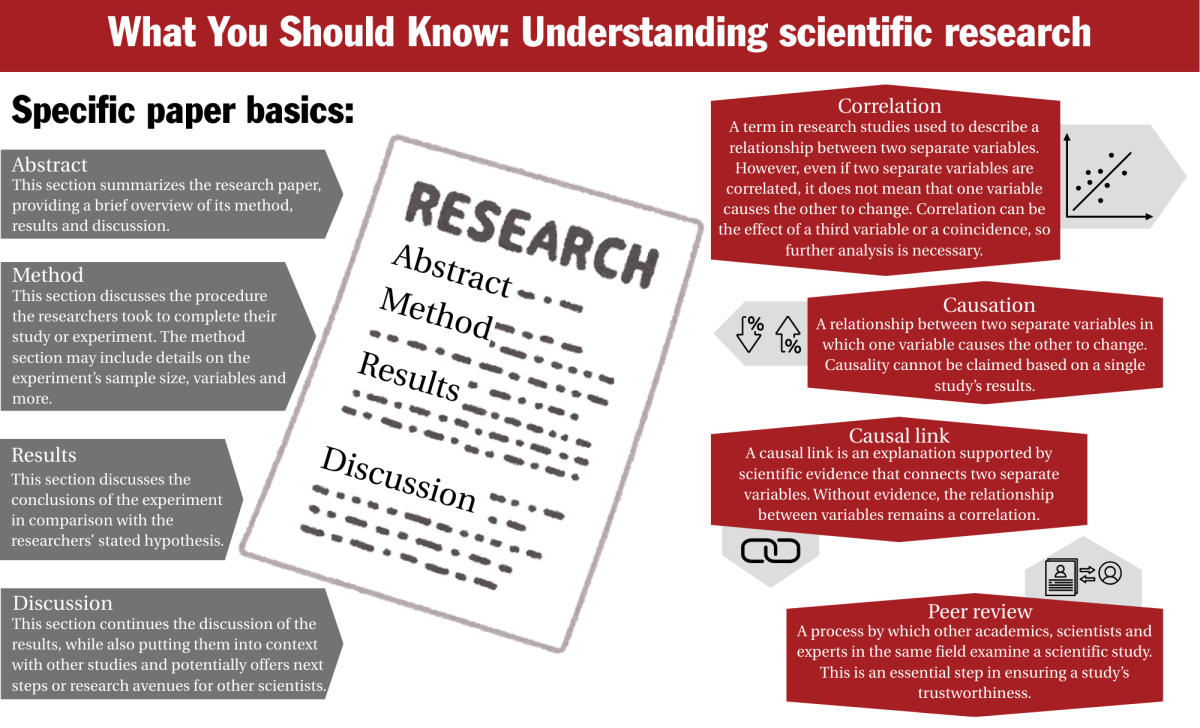
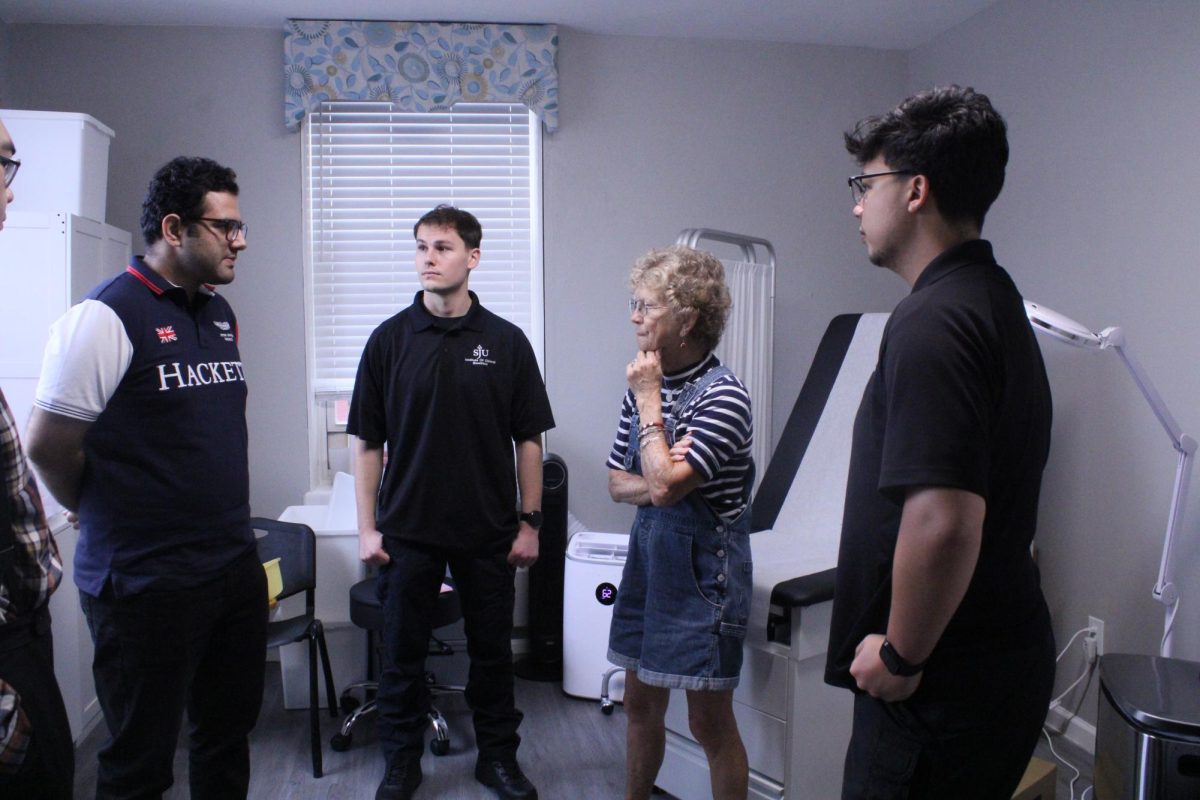
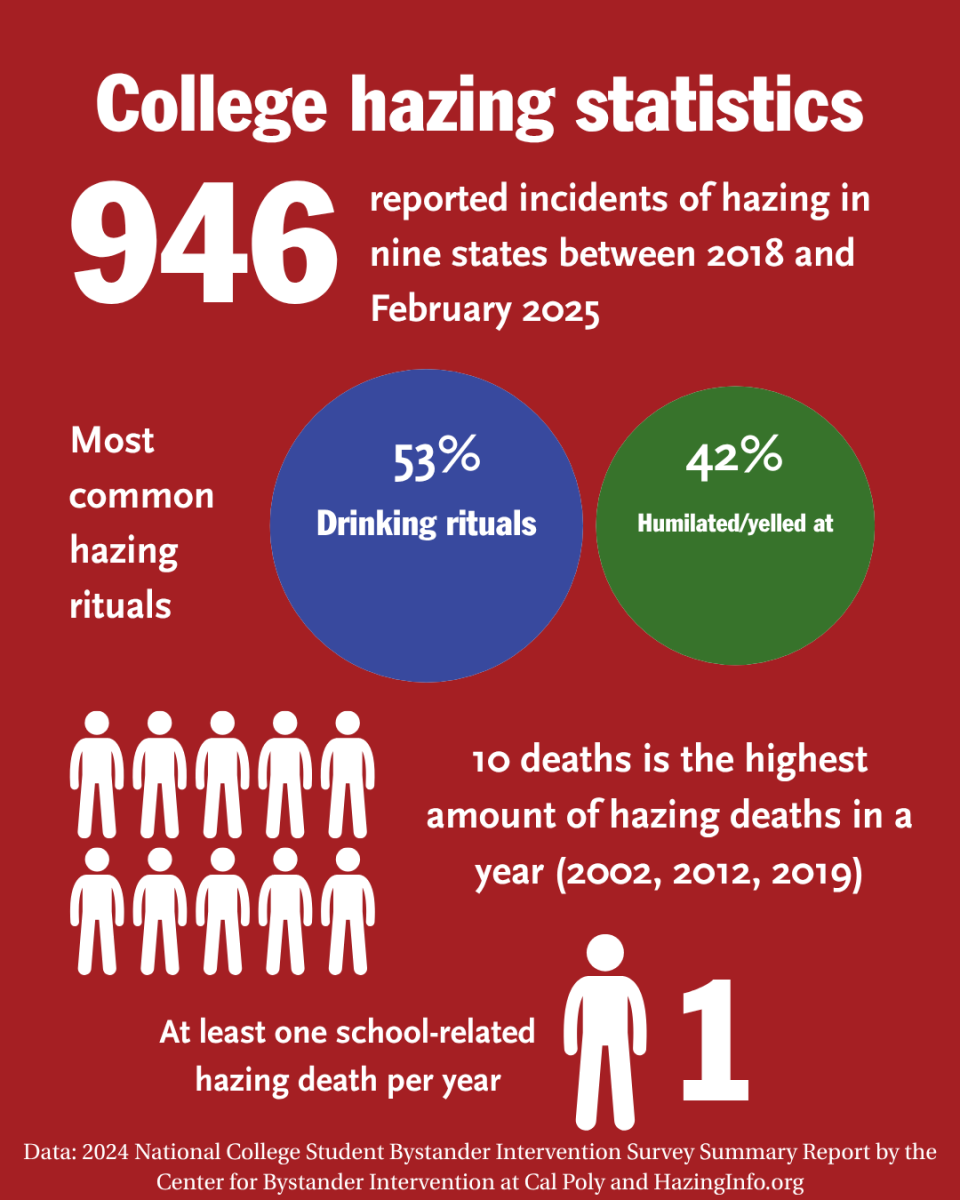
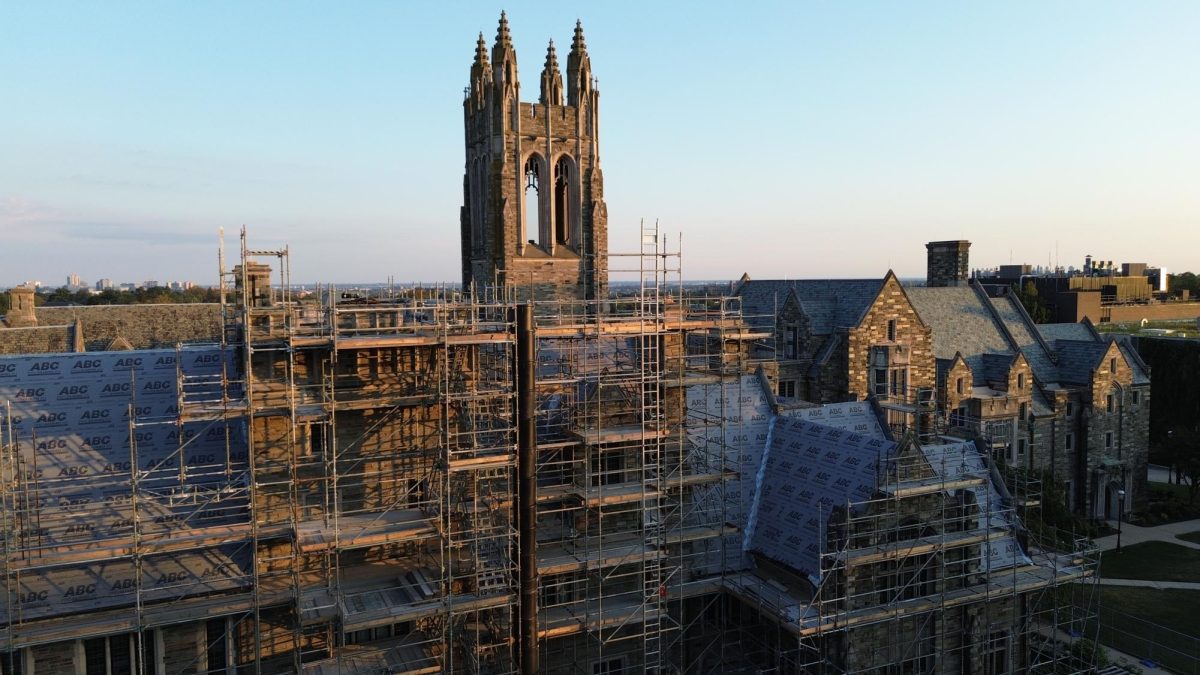
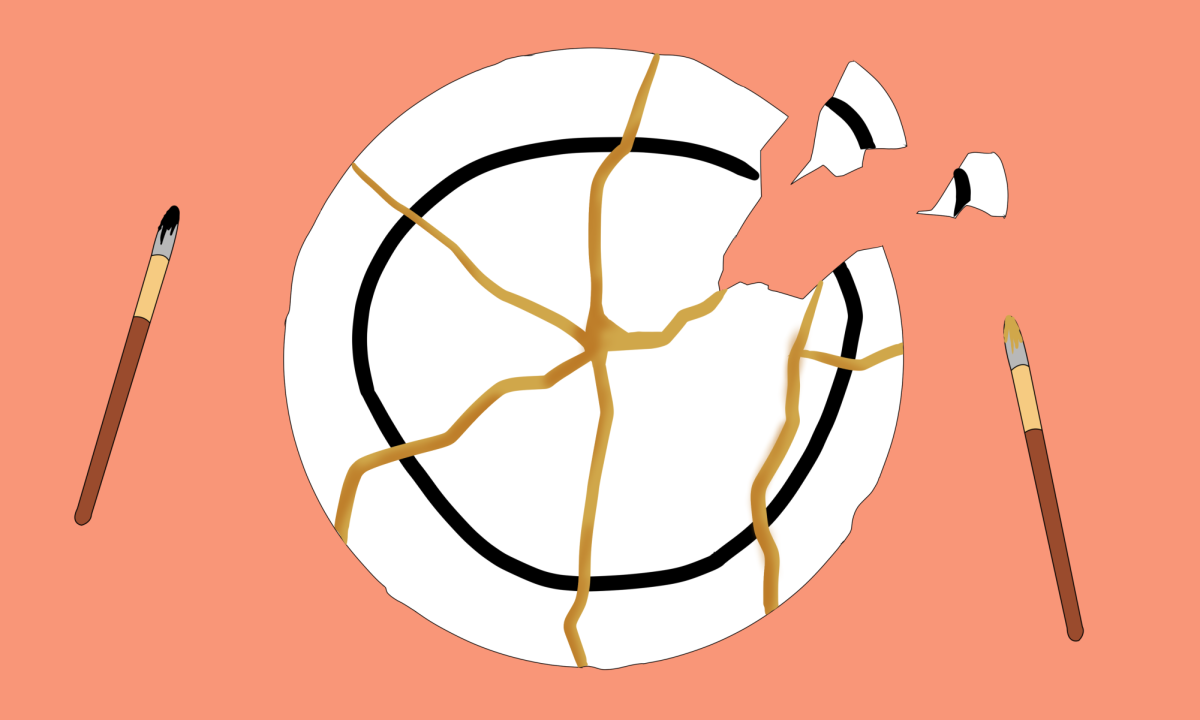
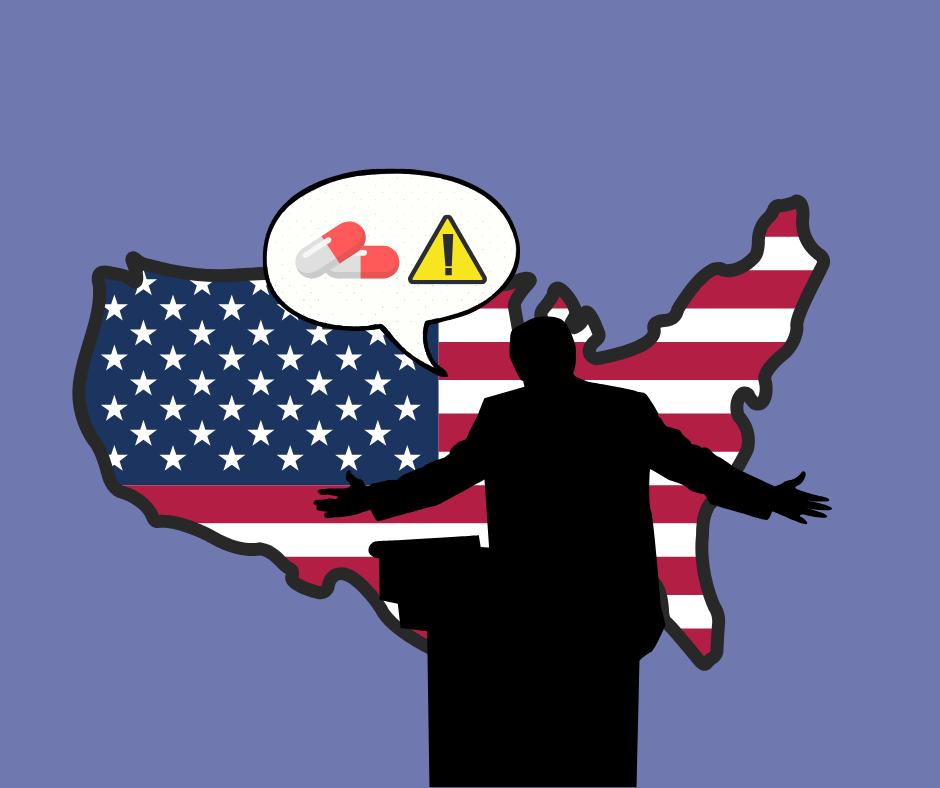
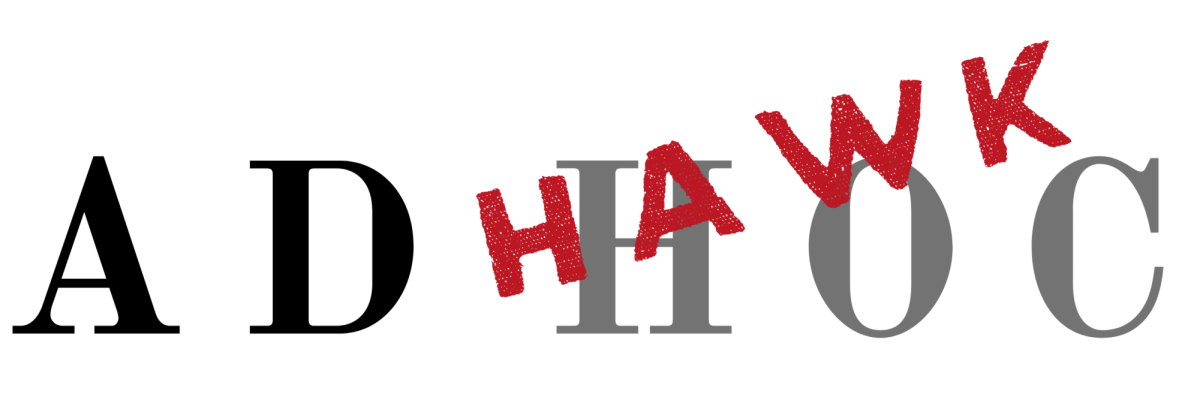
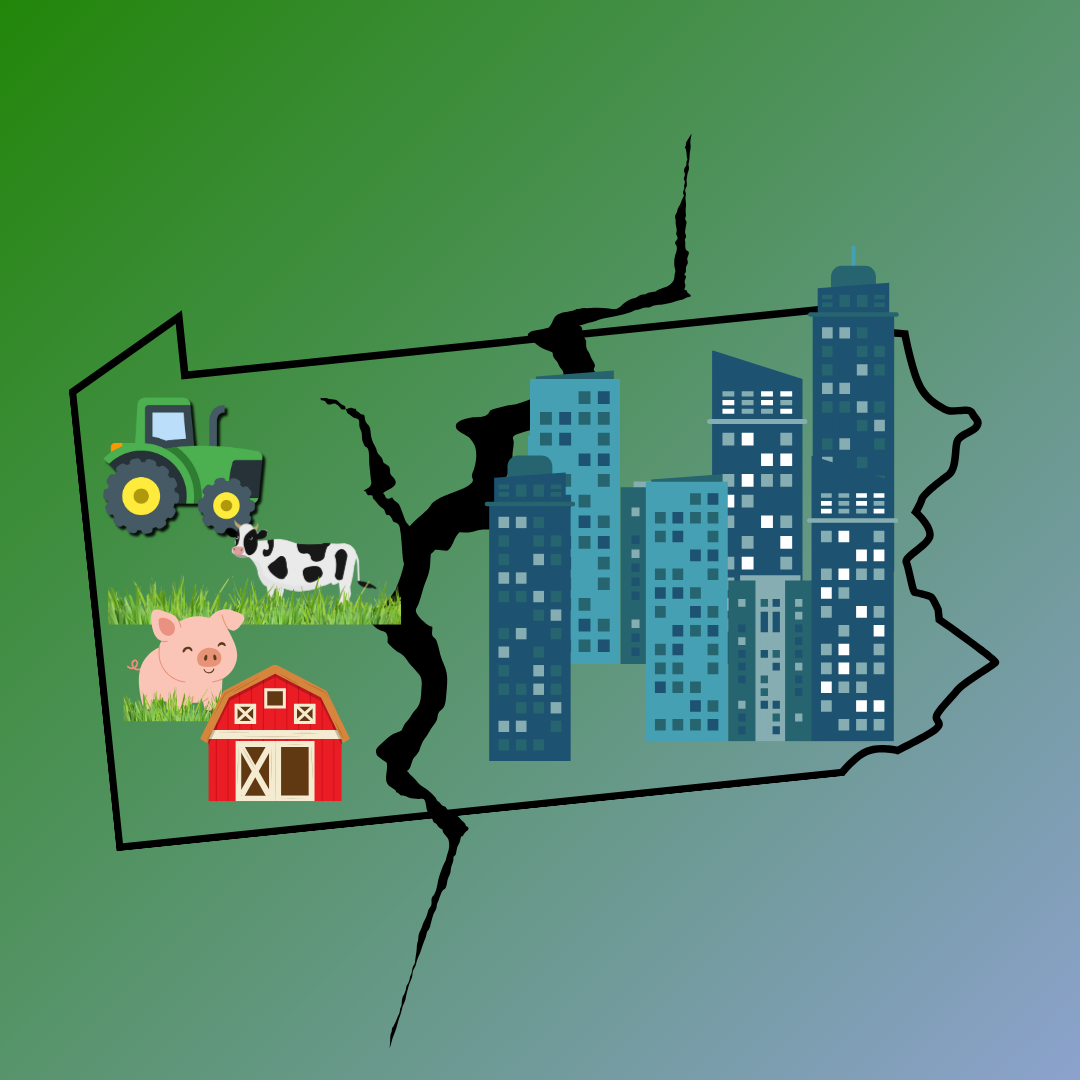
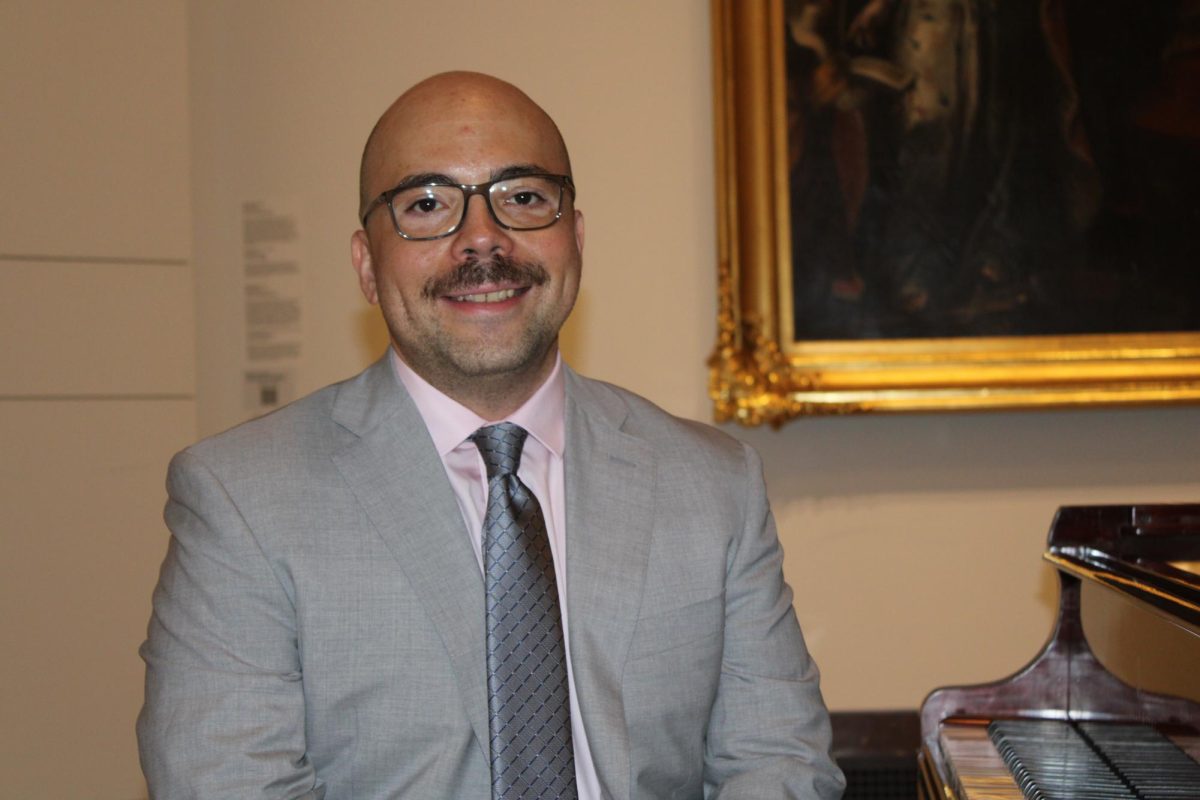
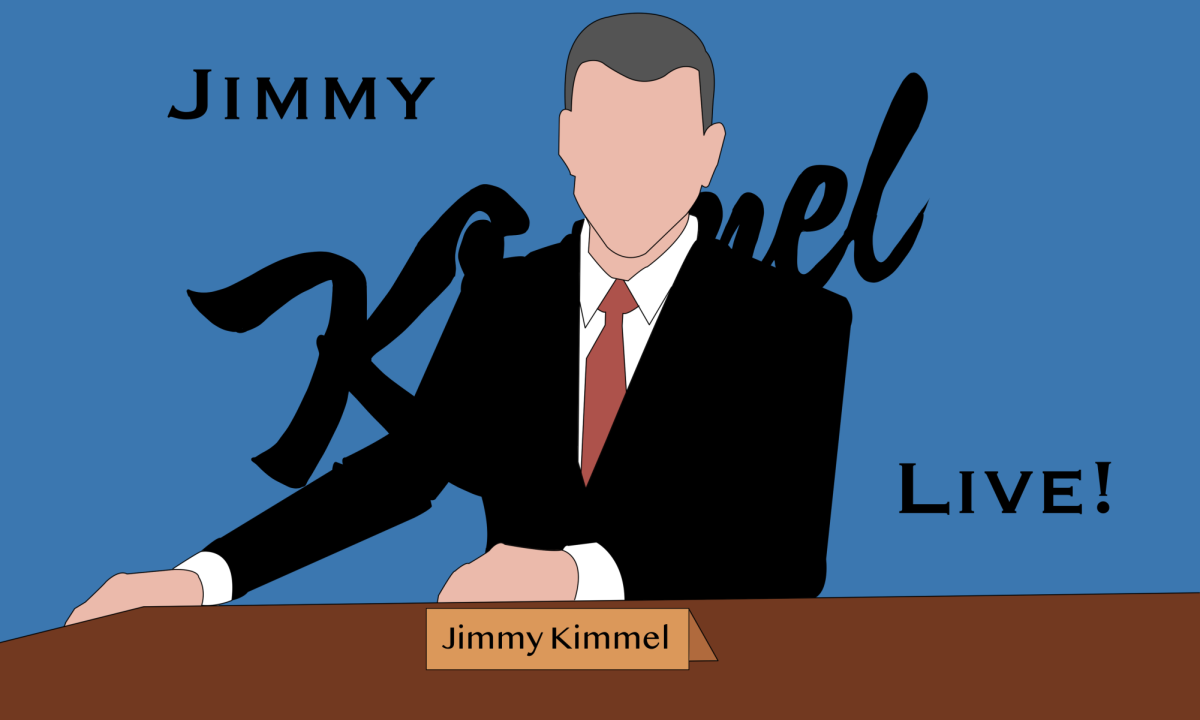
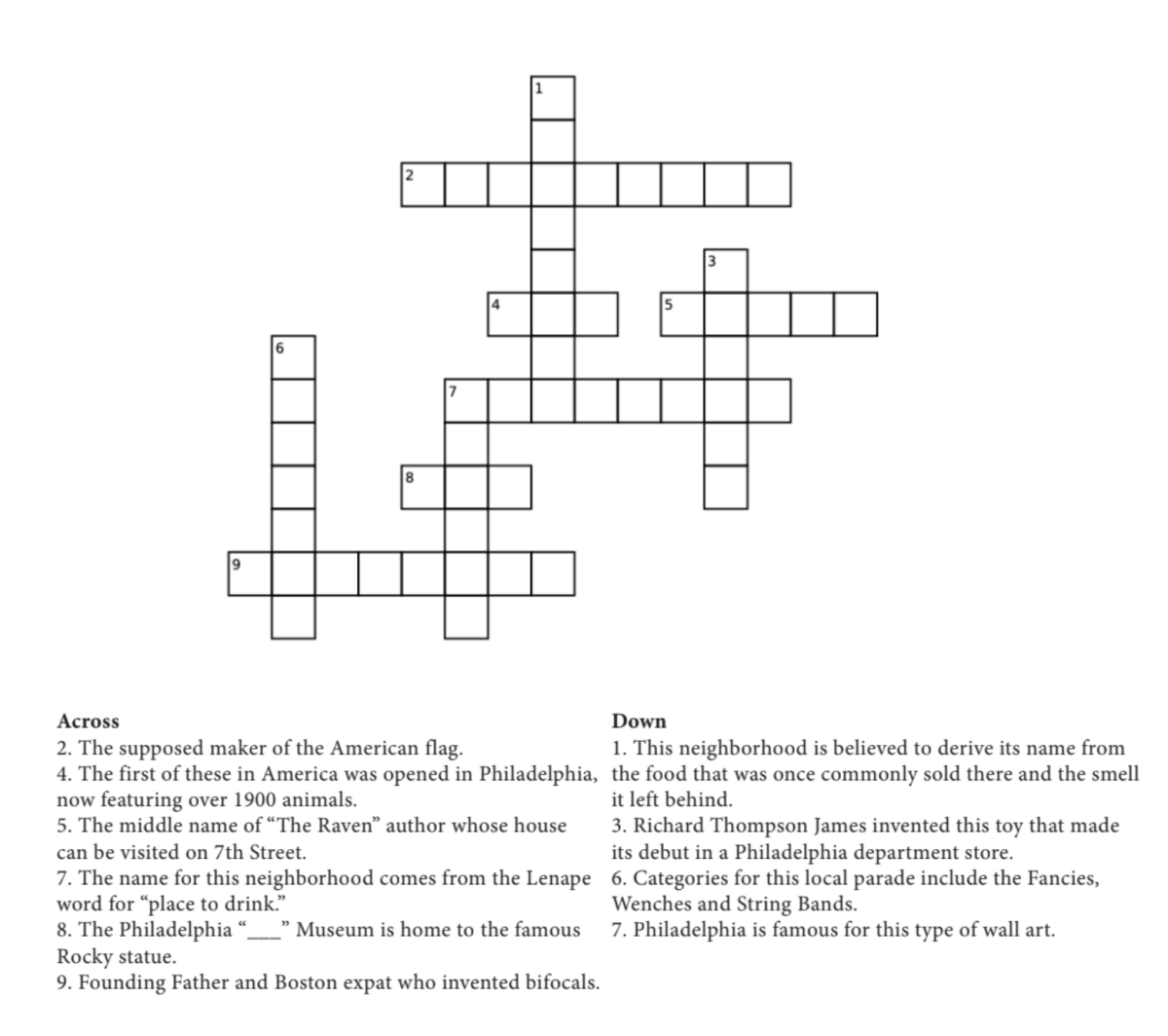
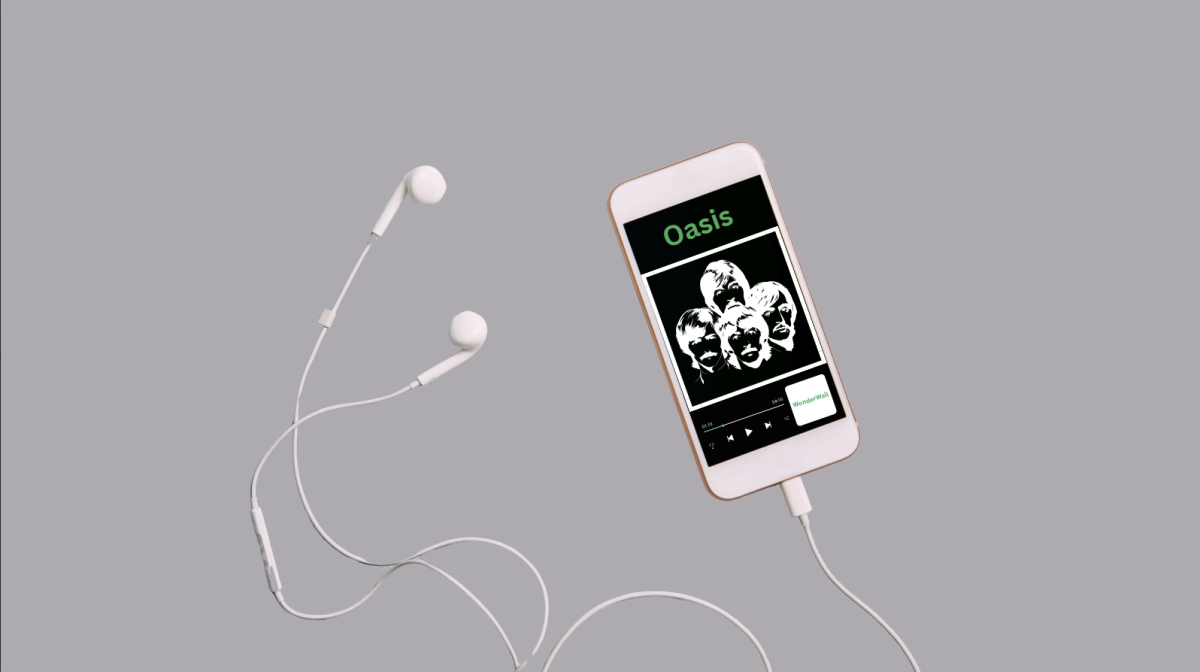
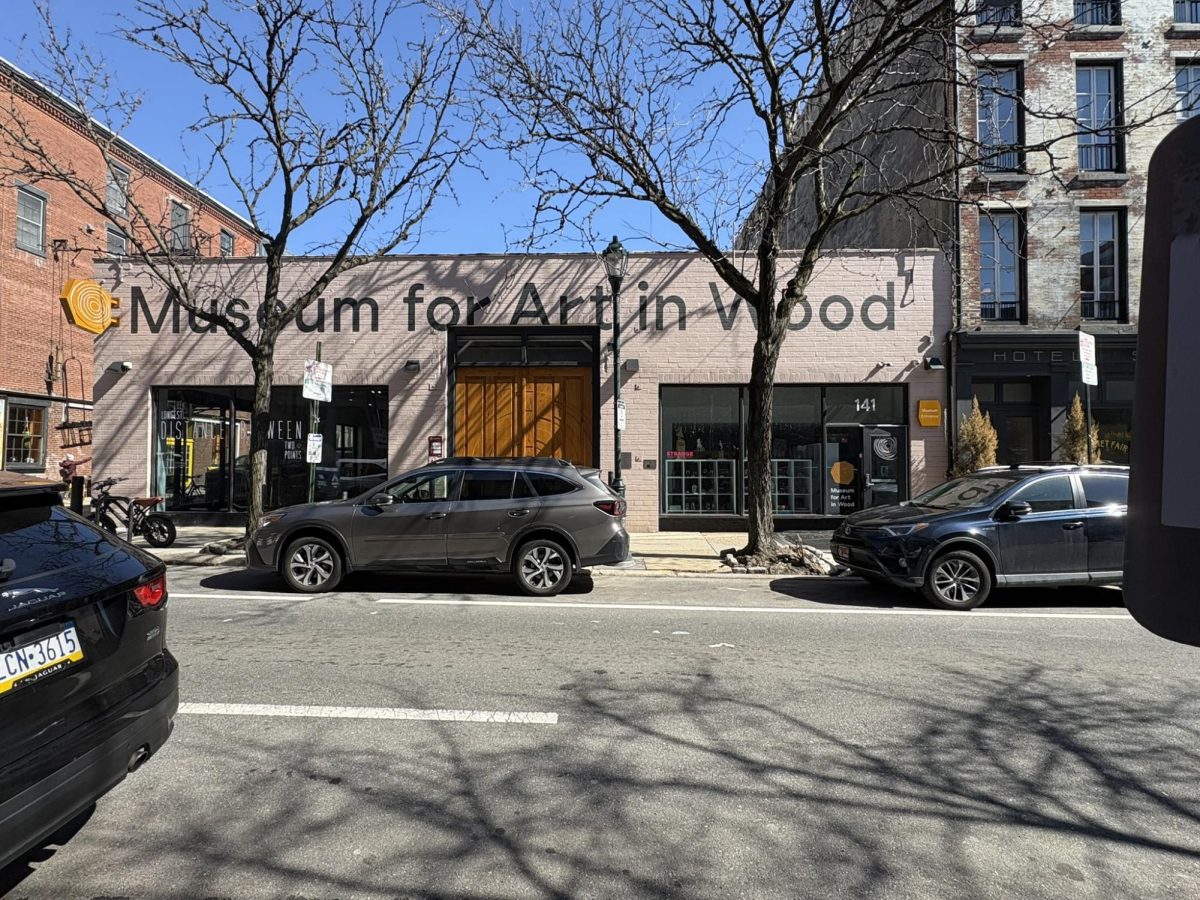
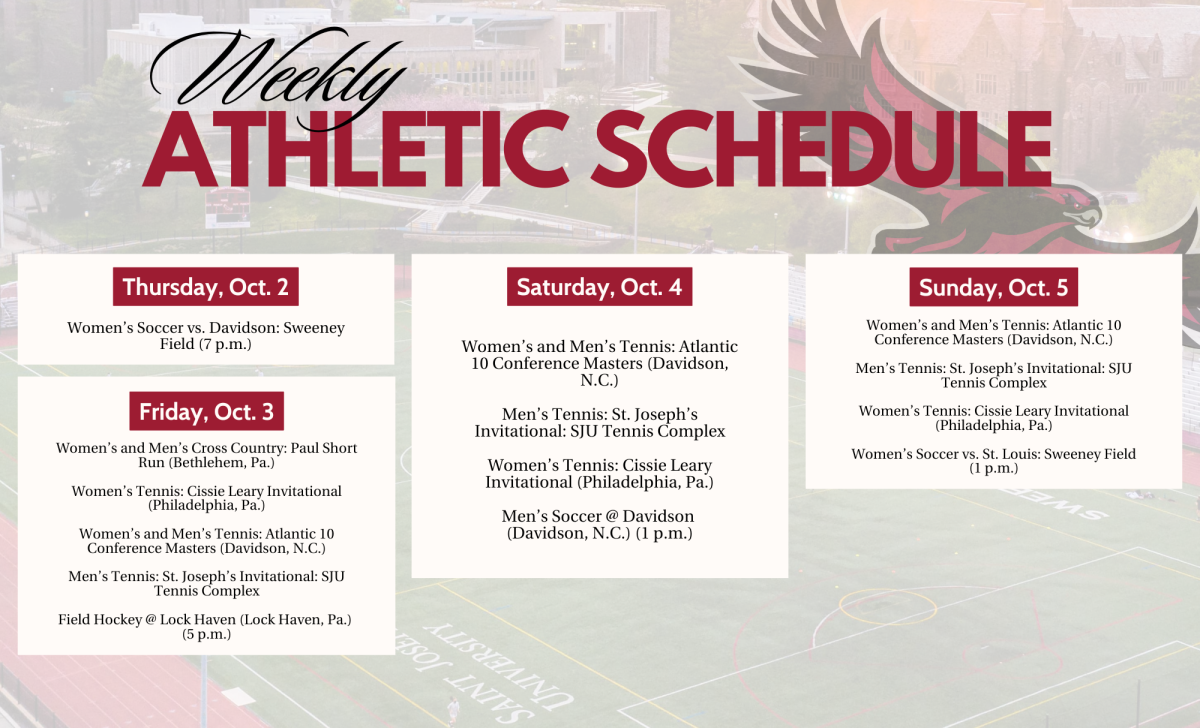
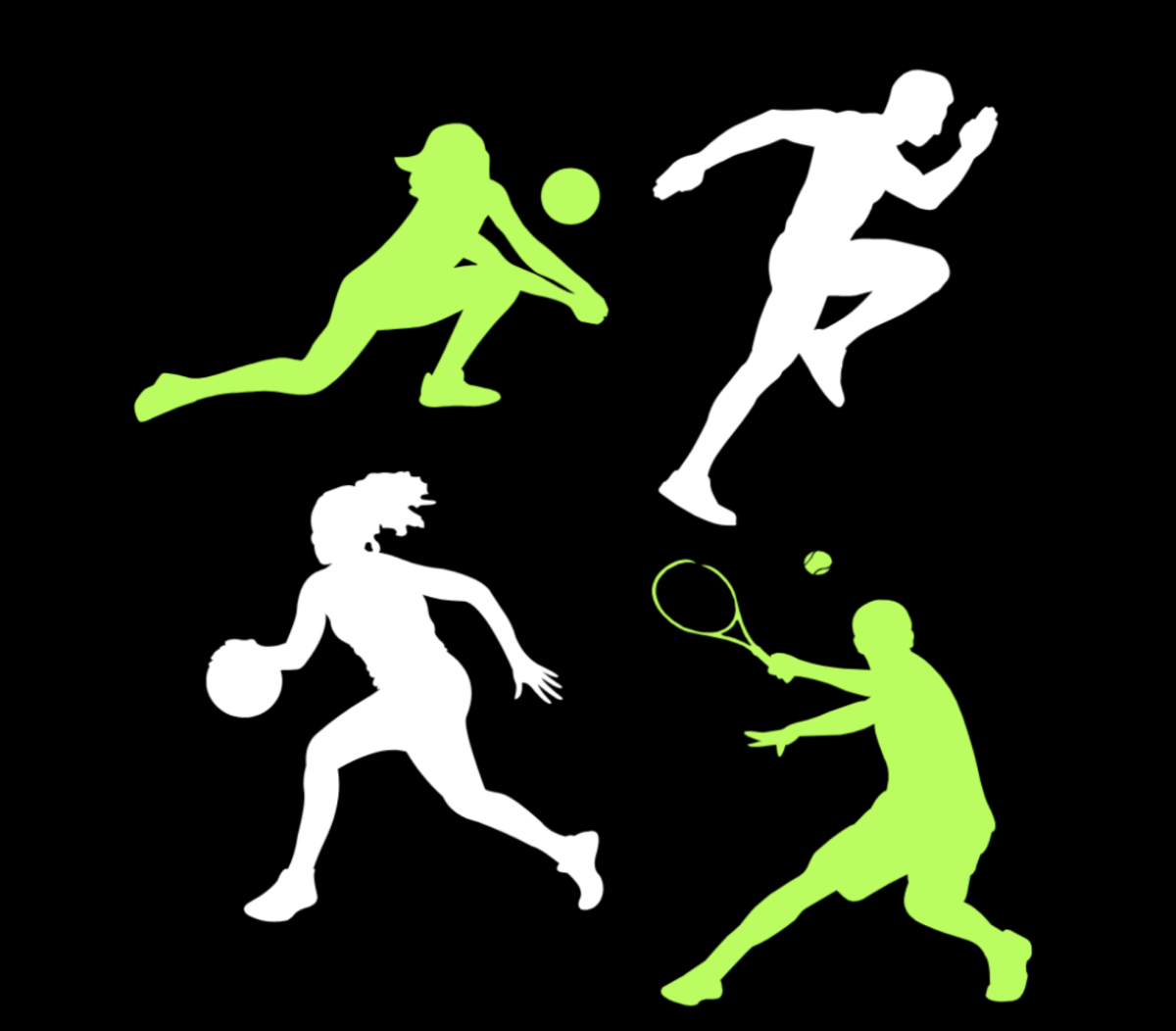
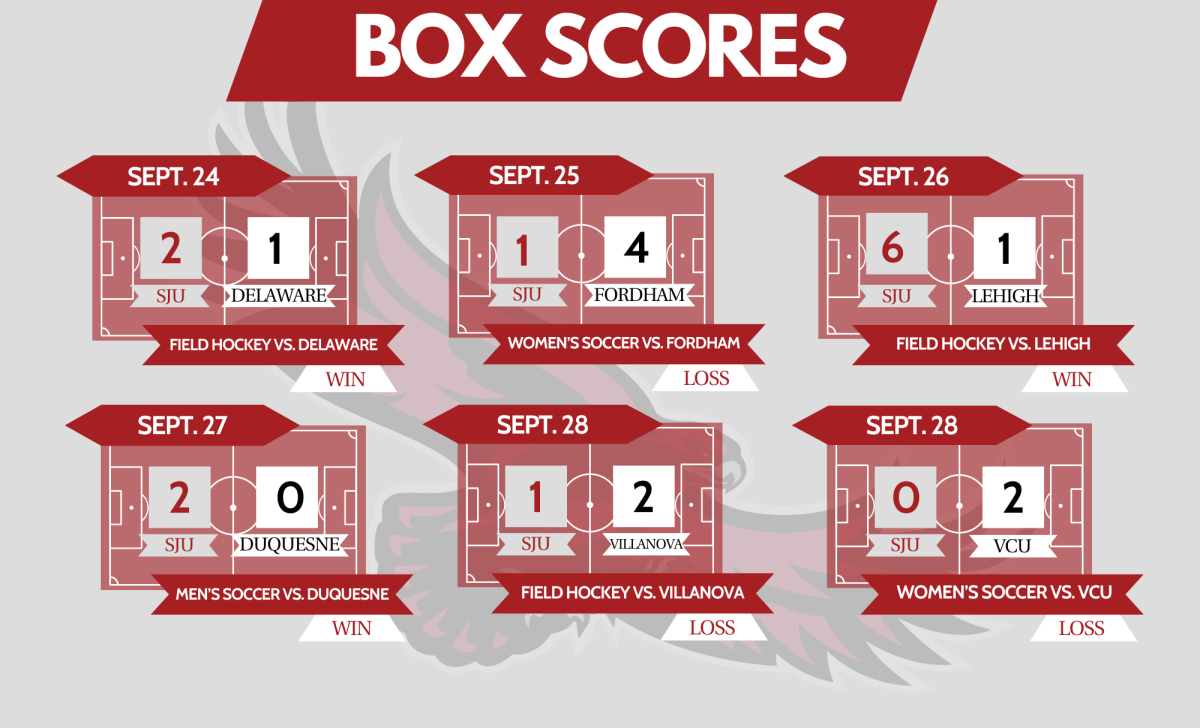


























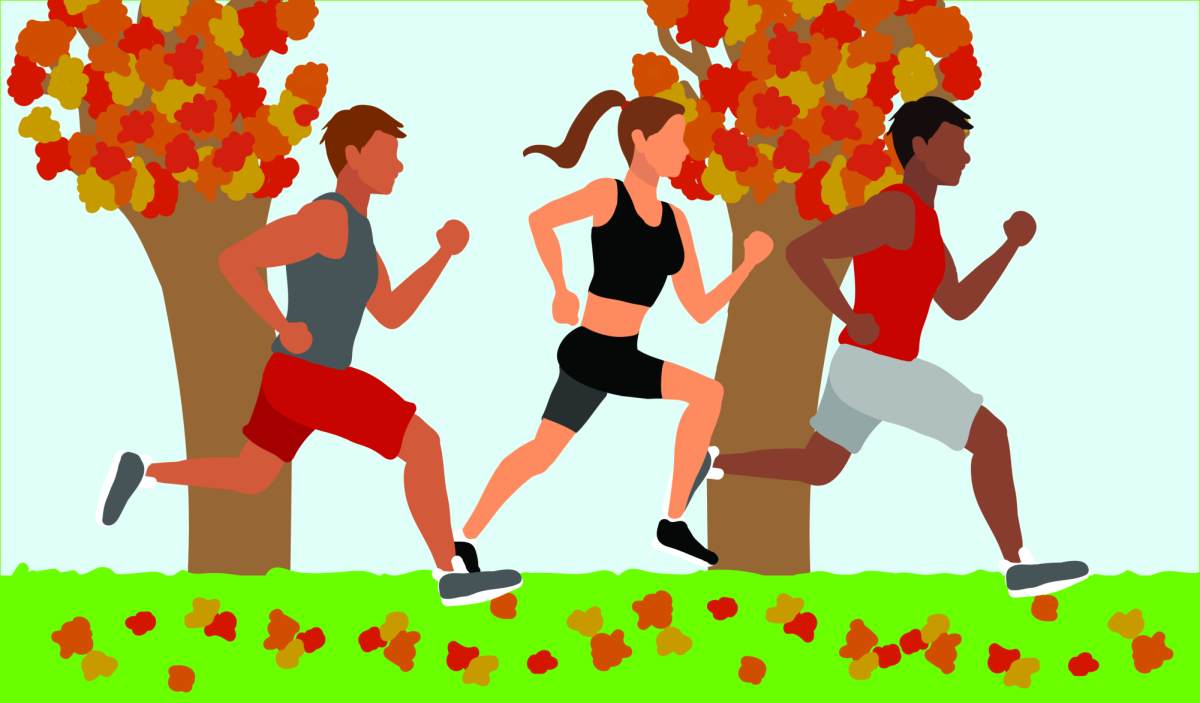


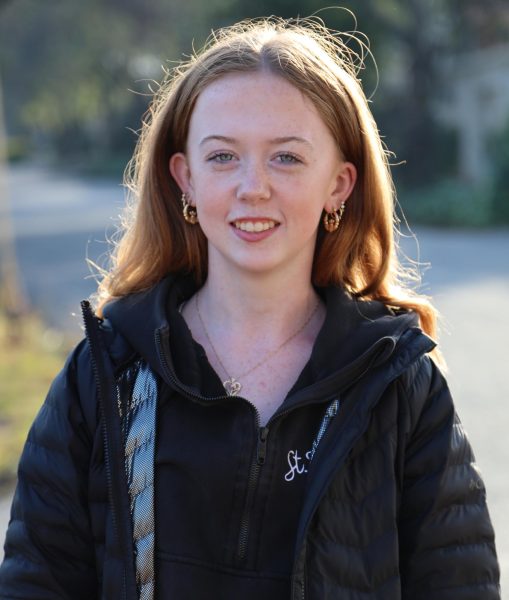
Lynn Monek • Jul 6, 2025 at 10:05 am
What an amazing story of healing and helping people. I never heard of this method before. My heart goes out to this man who dedicated his life to helping people
Great article!